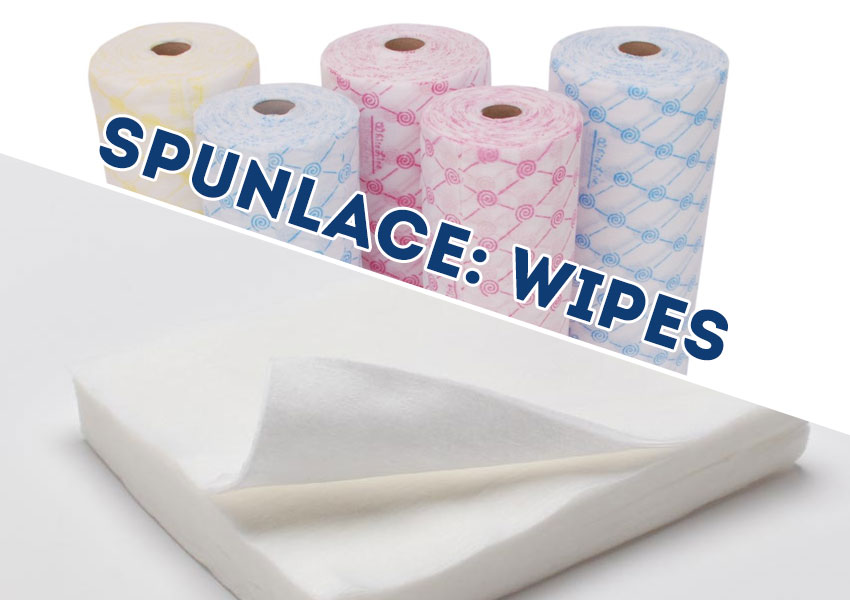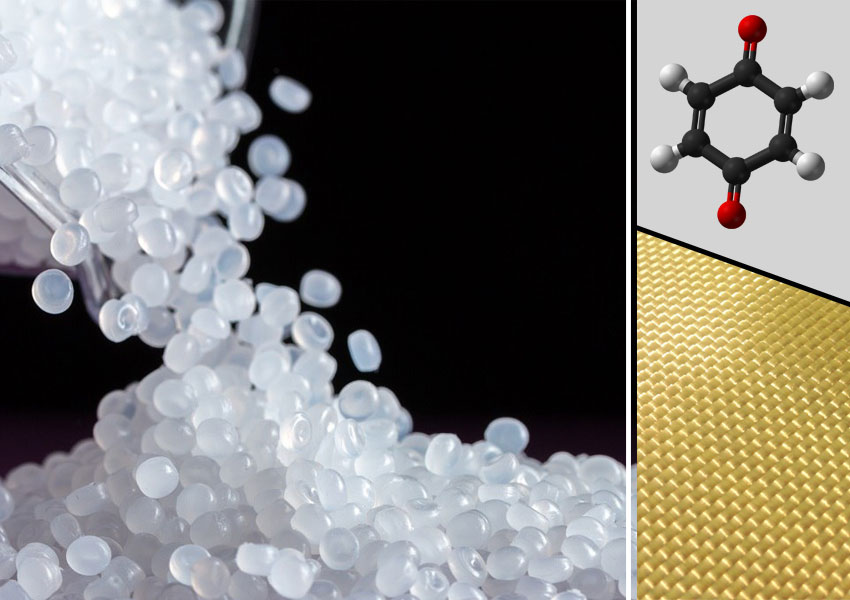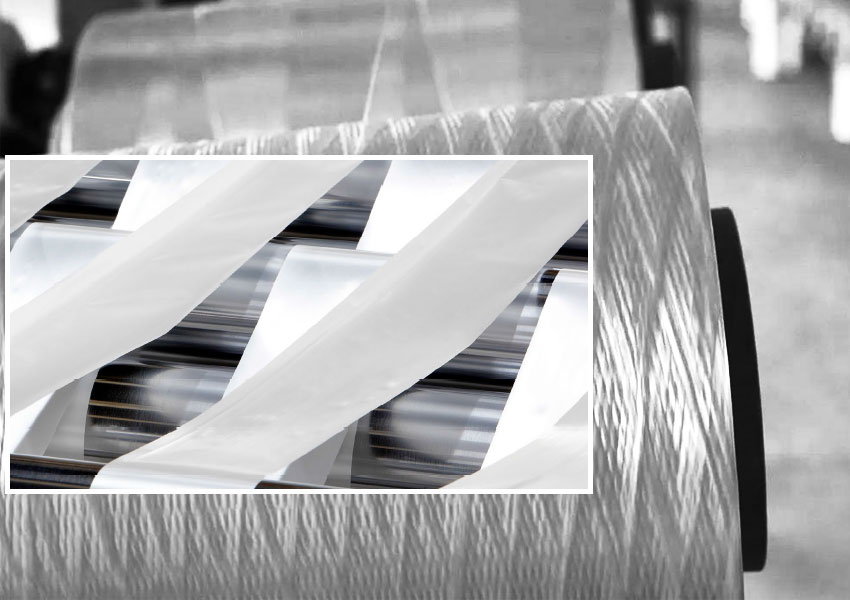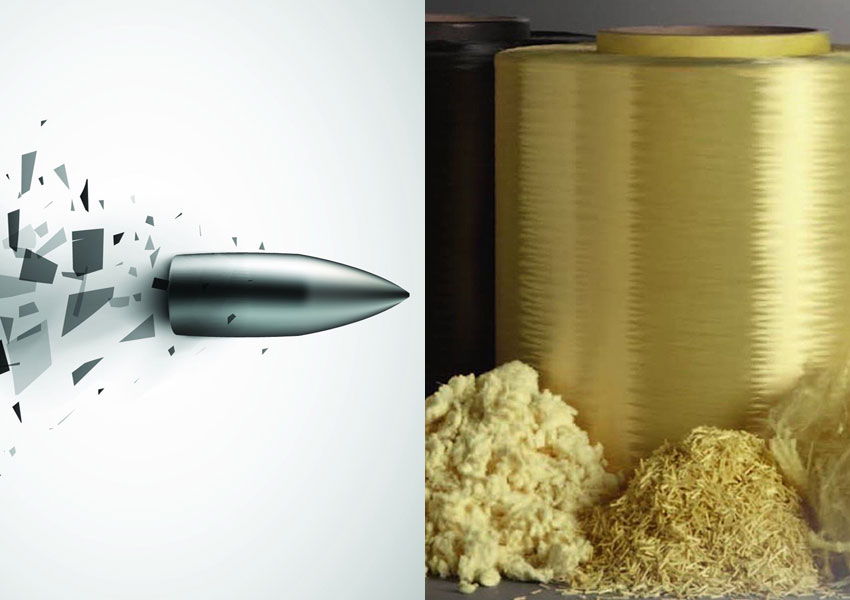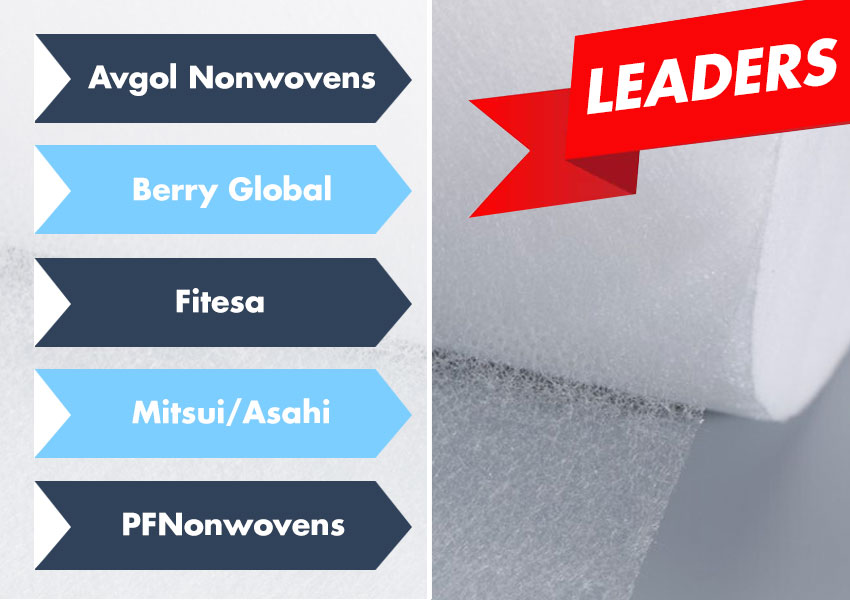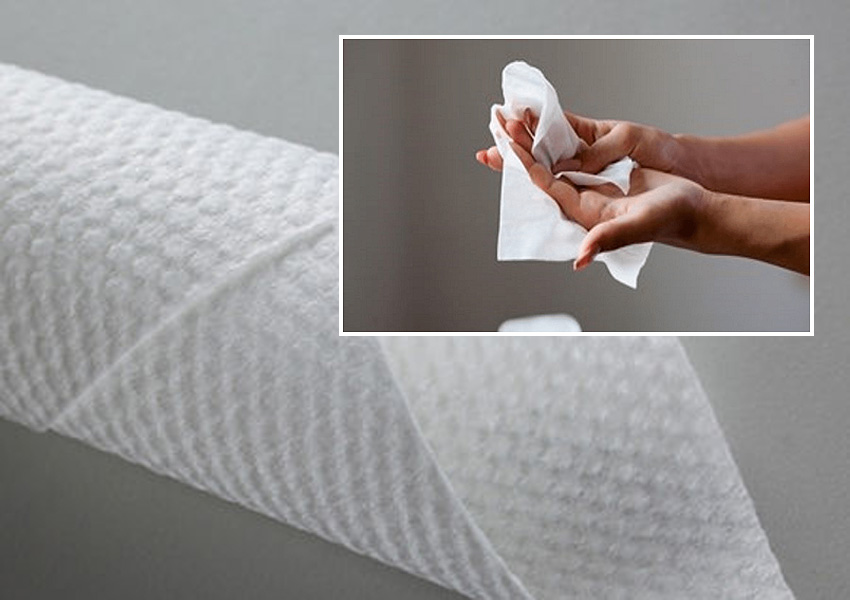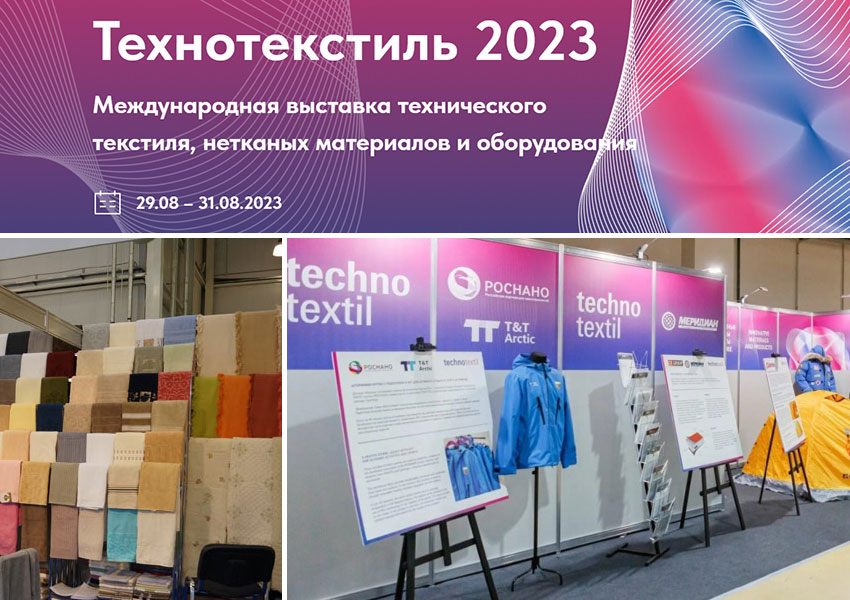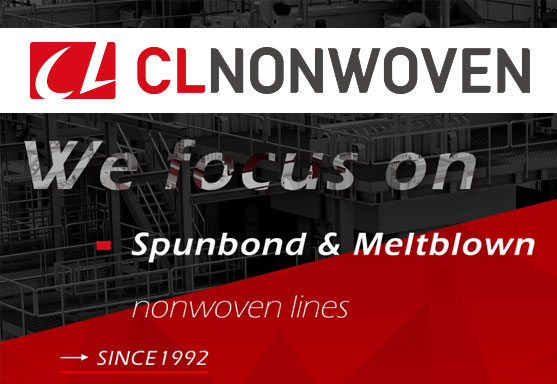Publications
Last
Advertisement
Partners


Non-woven materials in roofing and construction

Nonwovens continue to increase their role in the construction of residential and non-residential buildings. The state of the roofing and construction market, one of the largest long-term markets for nonwovens, mainly depends on the state of the economy of a particular country, the mentality and priorities of its citizens, including the prospects for the construction of residential and non-residential buildings, as well as on the global trend towards urbanization.
According to the report on global Nonwovens Markets for 2020–2025, prepared by INDA - the Association of Nonwovens Manufacturers, and EDANA - the International Association of Nonwovens and Related Industries, in 2020, the construction segment accounted for 8% of global nonwovens production.
According to the annual report of the INDA in 2021 in North America, 13% of the production of nonwovens was used in the construction of buildings. According to INDA, the share of construction of buildings in North America is higher than in the world, due to the greater proportion of roofs with a steep slope (more than 14 degrees), in the structures of which asphalt or bitumen roofing tiles are used as roofing materials. Bitumen shingles are made by applying bitumen to paper, synthetic or fiberglass nonwoven fabric. The Association states that in most existing types of tiles, fiberglass material produced by wet laying (hereinafter wetlaid) is used as a base (substrate) due to its excellent characteristics compared to paper and lower cost than synthetic nonwovens.
Berry Global
For the construction industry, Berry produces polypropylene spunbond under the Typar trademark, including Typar BuildingWrap, Typar MetroWrap, Typar DrainableWrap, as well as Typar Flashings and Tapes. Another brand called Surround VR is used as a synthetic roofing substrate. In the construction segment, Berry provides its materials to the entire shell of the building from the roof to the walls. The Typar material, in particular, is a two-layer product consisting of a layer of non-woven material and a layer of a special microporous coating that provides maximum water resistance and maximum breathability.From a sustainability perspective, Berry Global pays special attention to manufacturing processes that reduce waste and create products that last throughout the life of a building. The lifetime warranty on the Typar material is a sure indication that Berry creates a product that will withstand the effects of weather conditions and will not end up in a landfill a few years after its application. According to the management of Berry Global, the construction of buildings is undoubtedly a growing market for nonwovens, since the requirements for energy-efficient and highly efficient building enclosing structures are increasing, and nonwovens perfectly cope with meeting such requirements.
Johns Manville
Despite the recent global pandemic, as well as natural and man-made disasters, the management of Johns Manville declares that the construction market continues and will continue to flourish. At four plants in Germany and at three plants in the USA, Johns Manville produces fiberglass fabrics and non-woven polyester spunbond materials for the roofing and construction segments.
Johns Manville Evalith fiberglass cloths are made mainly from fiberglass of their own production using wetlaid production lines. The properties of fiberglass nonwovens are adapted to the needs of the application area. Some important variables in the production of such materials are the type of glass, the size of the fiberglass, the length and diameter of the fiberglass, the weight and density of the web, as well as the binder used. Important properties of fiberglass nonwoven fabrics are dimensional stability, strength and durability. These materials serve as the basis for the following product range: roofing tiles, bitumen membranes, single-layer roofing membranes, substrates, roof flooring panels, fire-resistant plasterboard, carpet tiles, PVC floor and ceiling tiles. Johns Manville Evalith polyester spunbond enjoys great success in the production of bitumen membranes, as a substrate for single-layer roofs, floor coverings and geotextiles. Currently, the company is noticeably shifting towards a line of products made of PET spunbond reinforced with fiberglass for use as a basis in the production of bitumen waterproofing.
The company's interest in sustainable solutions has increased significantly. In this regard, Johns Manville focuses on three main areas: the use of used (recycled) polyester materials, the use of binders made from renewable raw materials, and the use of fiberglass from the waste of its own glass production.
Freudenberg
Freudenberg Performance Materials also testifies to the recovery of the global construction industry after a sharp decline in 2020, when construction activity plummeted due to restrictions imposed worldwide to curb the spread of Covid-19.
In the global roofing market, Freudenberg offers a wide range of high-performance load-bearing materials (substrates, bases) for bitumen and polymer membranes, non-woven materials and three-dimensional interlaced composites for roof ventilation, as well as anti-condensation agents for non-insulated metal roofs and systems. Solutions for the construction industry offered by the company include sound insulation of floors, geotextiles and geogrids for reinforcement of roads and railways, soil, drainage systems of buildings, as well as many other products for the protection of buildings and infrastructure.
Most of the company's nonwovens are made using 100% recycled PET, which helps limit the consumption of natural resources and guarantees a reduction in environmental impact, or are made of yarn and polymer-based fibers. In addition, Freudenberg's broad technology platform allows us to offer various innovative materials. Freudenberg nonwovens made from recycled polyester from used PET bottles mean less CO2 emissions, less waste and less water consumption. Today, the Freudenberg company processes about seven million used PET bottles into polyester nonwovens every day.
Owens Corning
In the roofing and construction sector, Owens Corning specializes in the development of ceiling curtains, gypsum wall panels and thermal insulation roofing. In comparison with traditional materials, fiberglass nonwovens produced by the company have greater resistance to mold and moisture, ultraviolet and atmospheric influences, as well as better fire-resistant properties.
For the roofing segment, Owens Corning produces non-woven Glas-Powered material for the basis of insulating roofing panels. It is designed with rain, hail and fire resistance in mind, and also provides excellent dimensional stability, providing additional strength and helping to prevent damage to polyisoplastic plates when pressed.
In recent years, manufacturers of nonwovens have faced force majeure related to restrictions and other problems in the supply chain of key raw materials, extreme delivery problems caused by a shortage of containers and trucks, as well as sharp inflation. In general, the nonwovens market was strongly affected by inflation, and today this trend continues, in particular, due to surges in energy prices. The key to the success of nonwovens manufacturers in the future will be agility in sales, marketing, manufacturing, supply chains, sourcing, innovation and personnel management, as well as the introduction of new processes and working methods that will demonstrate the exceptional flexibility of companies in finding solutions to each emerging problem.

